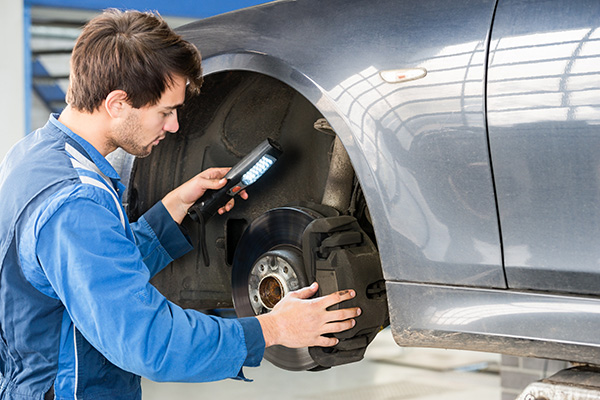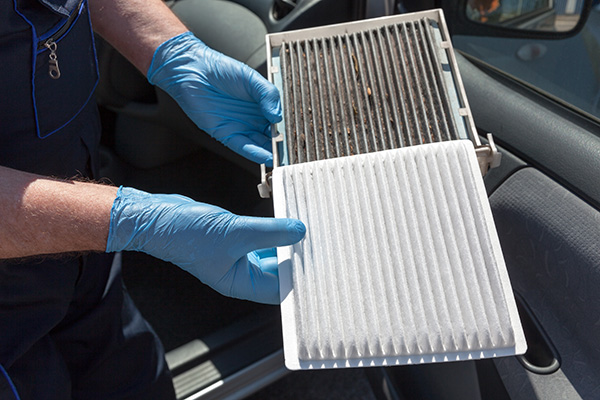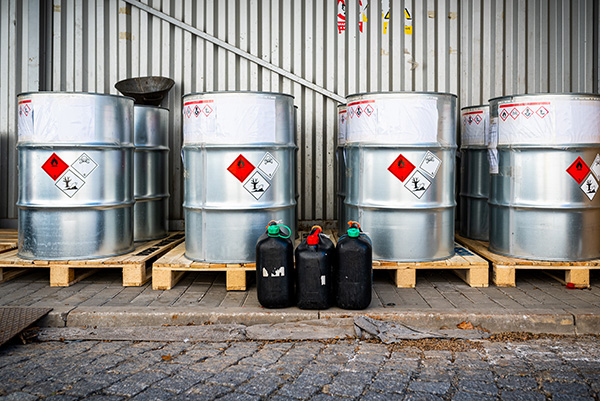Posted on 3/28/2025

Your brakes are what stand between you and a potential accident, yet many drivers don’t think about them until there’s a problem. Worn-out brake pads and rotors don’t just affect stopping power—they can make every drive more dangerous and lead to expensive repairs if ignored for too long. Paying attention to the warning signs can help you stay ahead of brake issues and keep your car safe on the road. How do you know when it’s time for new brakes? How Do You Know When to Replace Your Brake Pads and Rotors Brake pads and rotors wear down over time, and while there’s no universal mileage for when they should be replaced, your car will usually give you warning signs when it’s time for new ones. If your vehicle exhibits any of these symptoms, it’s a strong indication that your brakes need attention. Unusual Noises While Braking One of the earliest and most noticeable signs of worn brake pads is noise. If yo ... read more
Posted on 2/28/2025

Your cabin air filter plays a crucial role in keeping the air inside your vehicle clean and free of dust, pollen, and pollutants. It works by filtering out contaminants before they enter your car’s ventilation system, ensuring that you and your passengers breathe fresh, clean air. But like any other filter, it doesn’t last forever. Over time, it clogs with dirt, debris, and allergens, reducing its ability to function properly. Neglecting to replace your cabin air filter can lead to poor air quality, reduced HVAC efficiency, and even potential health issues. If you’ve been ignoring this small but essential maintenance task, it’s time to reconsider. Reduced Airflow and Weaker Ventilation One of the first signs of a clogged cabin air filter is weaker airflow from your vents. Since the filter’s job is to trap contaminants, it naturally collects dust and debris over time. When it becomes too clogged, air struggles to pass through, making your ... read more
Posted on 1/31/2025

Ever wondered what happens to the dirty oil drained from your car during an oil change? It’s easy to think it’s simply discarded, but car repair shops follow a specific process to responsibly manage used oil. This is not just about keeping things clean—it’s also about complying with environmental laws and protecting the planet. Let’s take a closer look at how repair shops handle dirty oil and why it’s such a big deal. What Happens During an Oil Change When you take your car in for an oil change, the old oil is drained from the engine and replaced with fresh oil. This used oil, often filled with contaminants like dirt, metal particles, and chemical byproducts, can’t just be tossed in the trash. Why? Because it’s considered hazardous waste. One gallon of used oil can contaminate up to a million gallons of water if not handled correctly ... read more